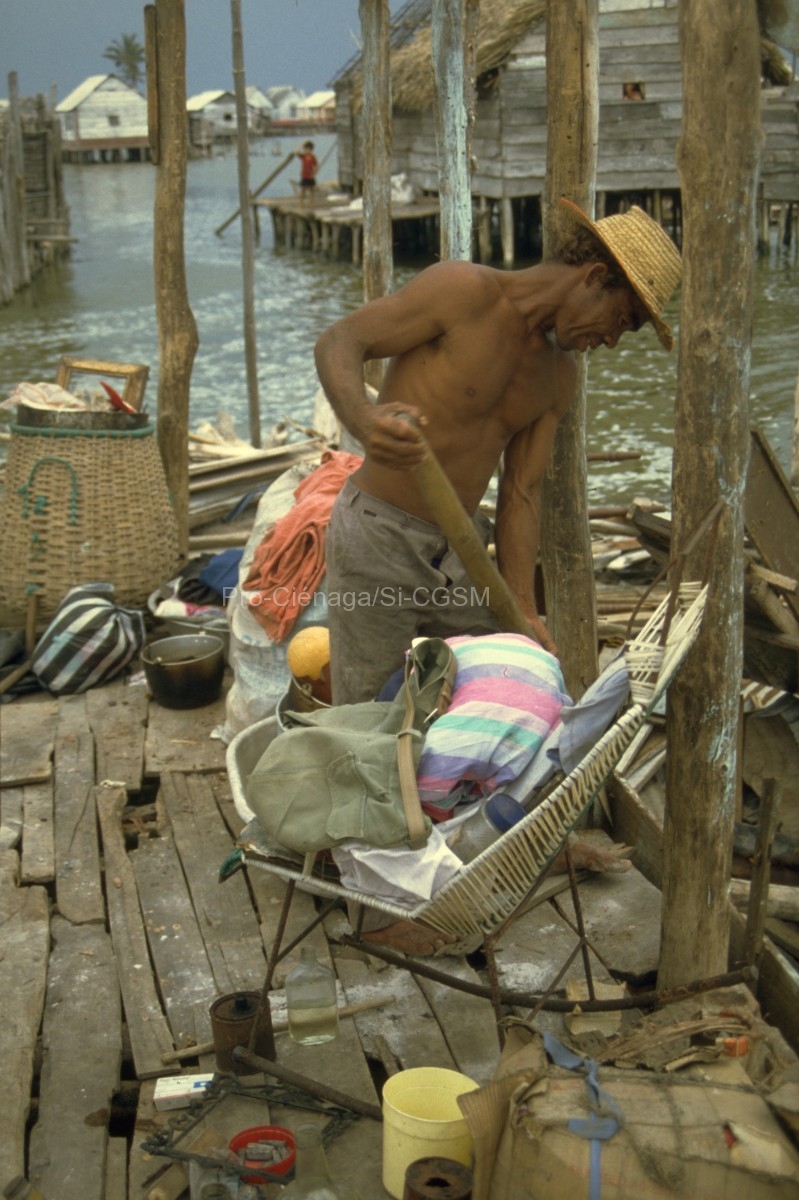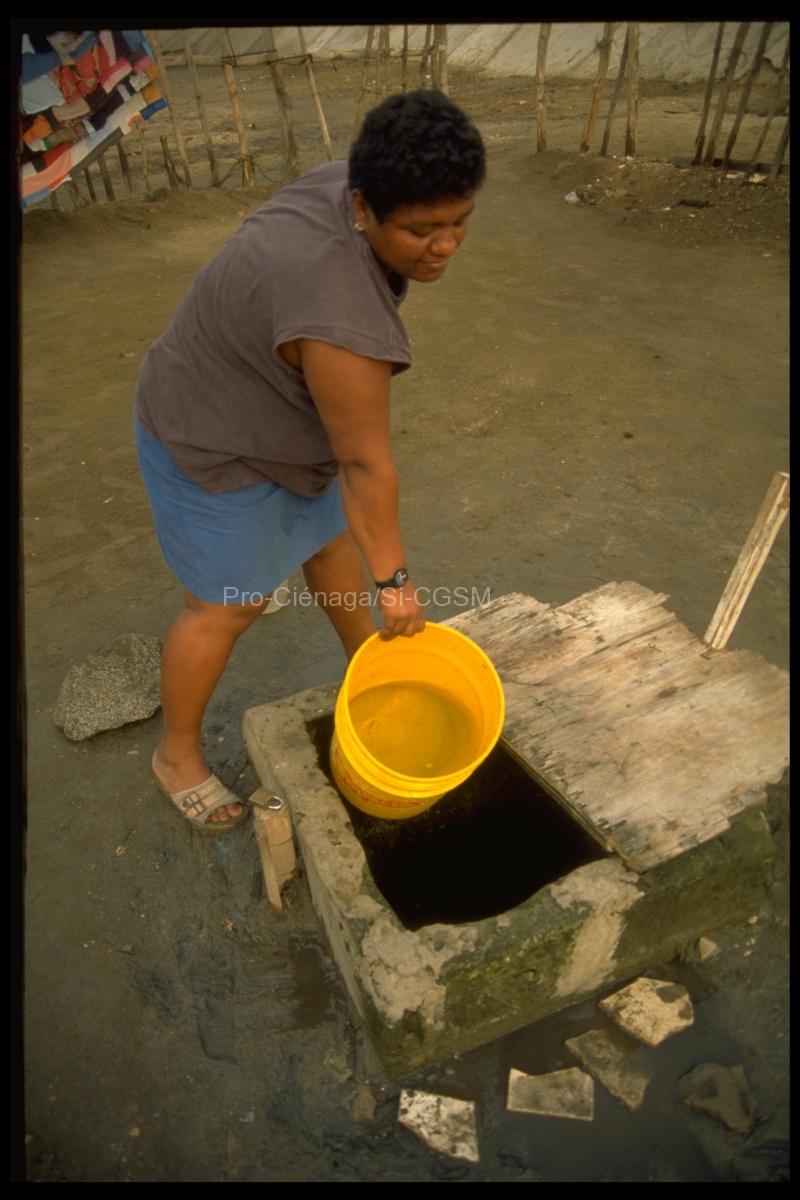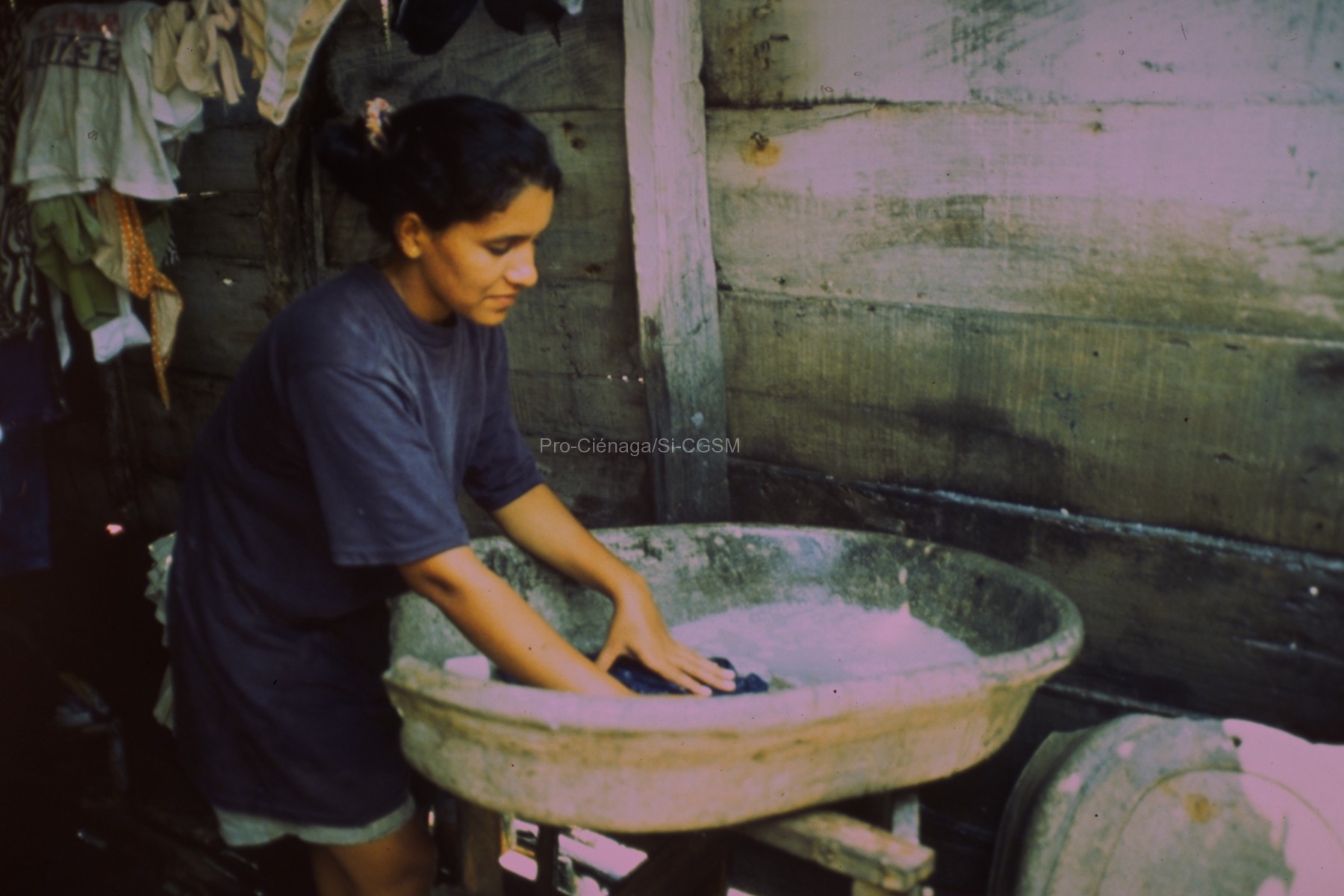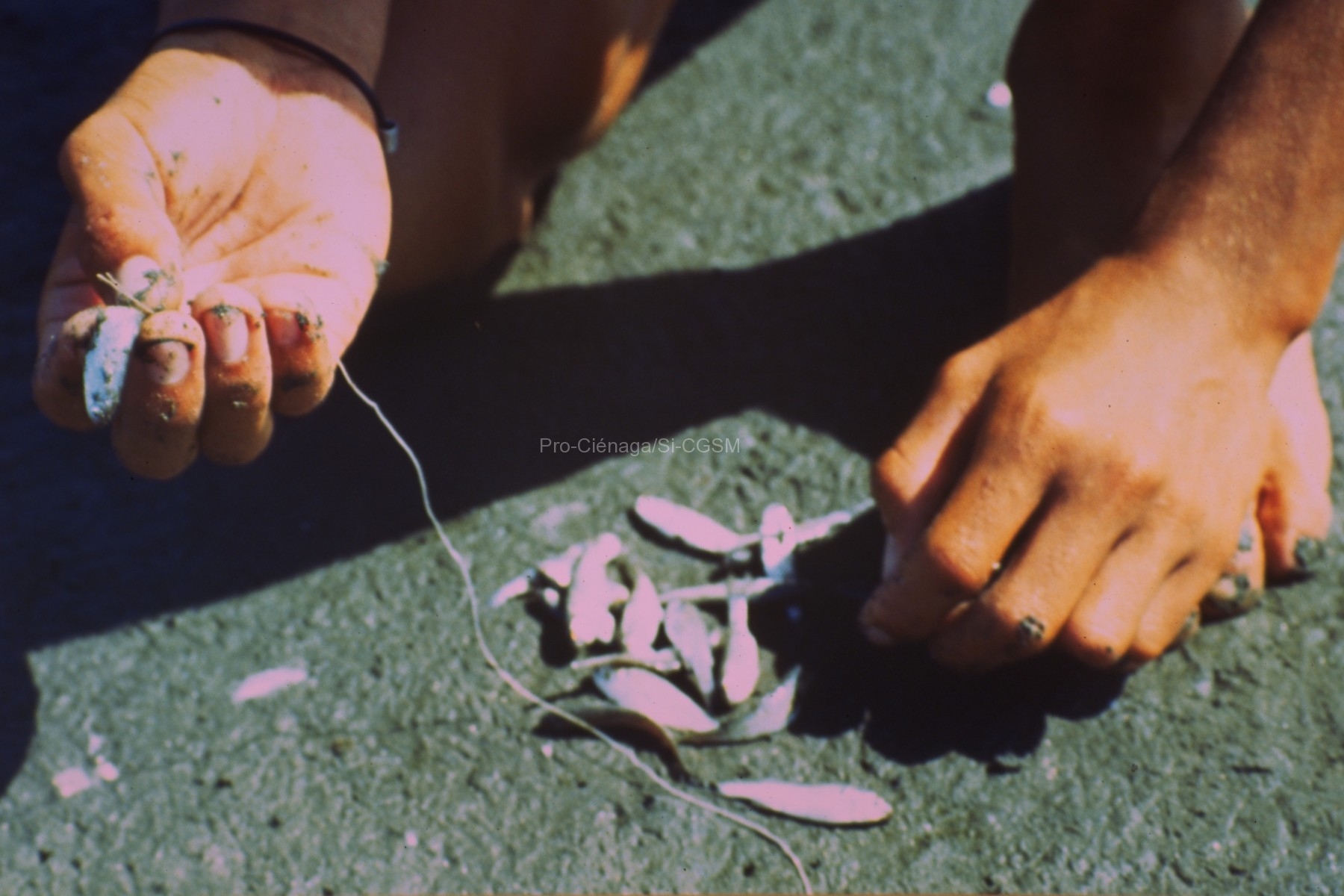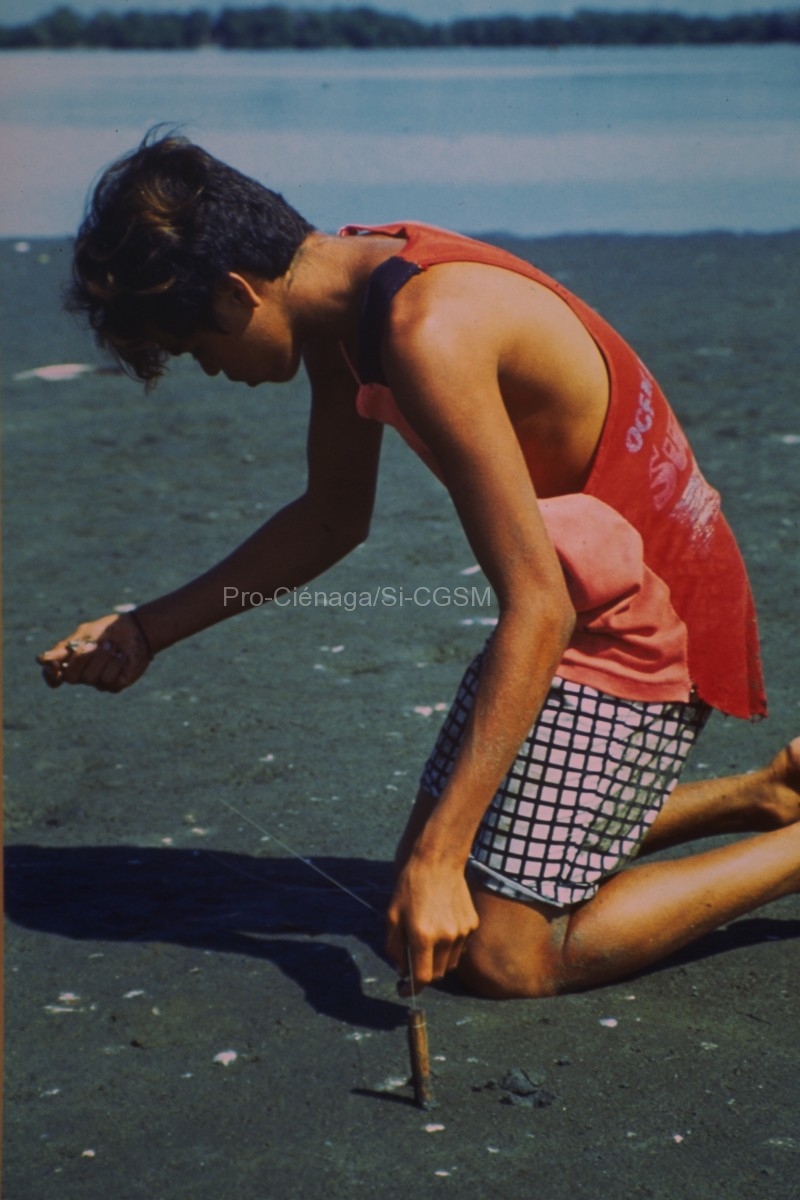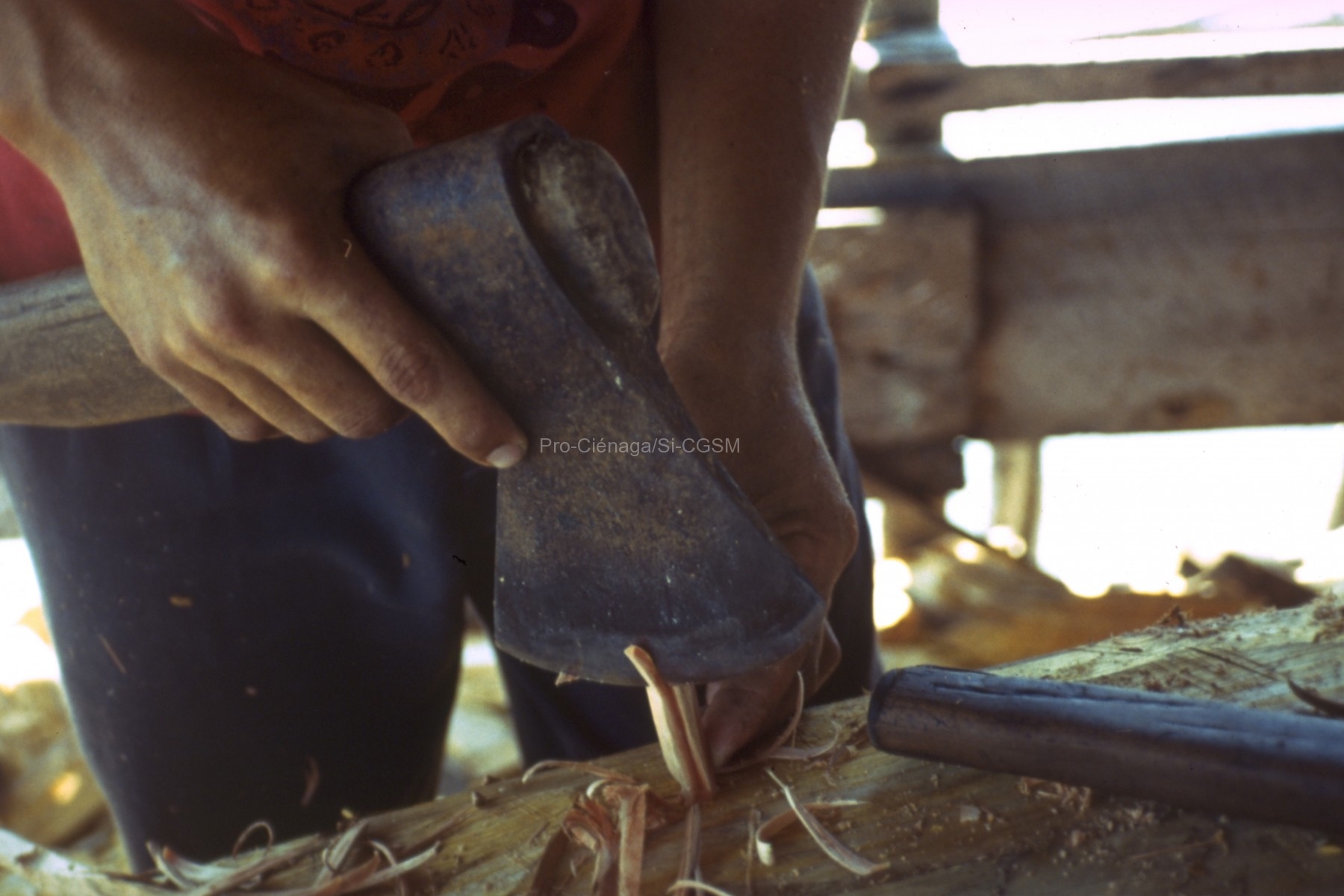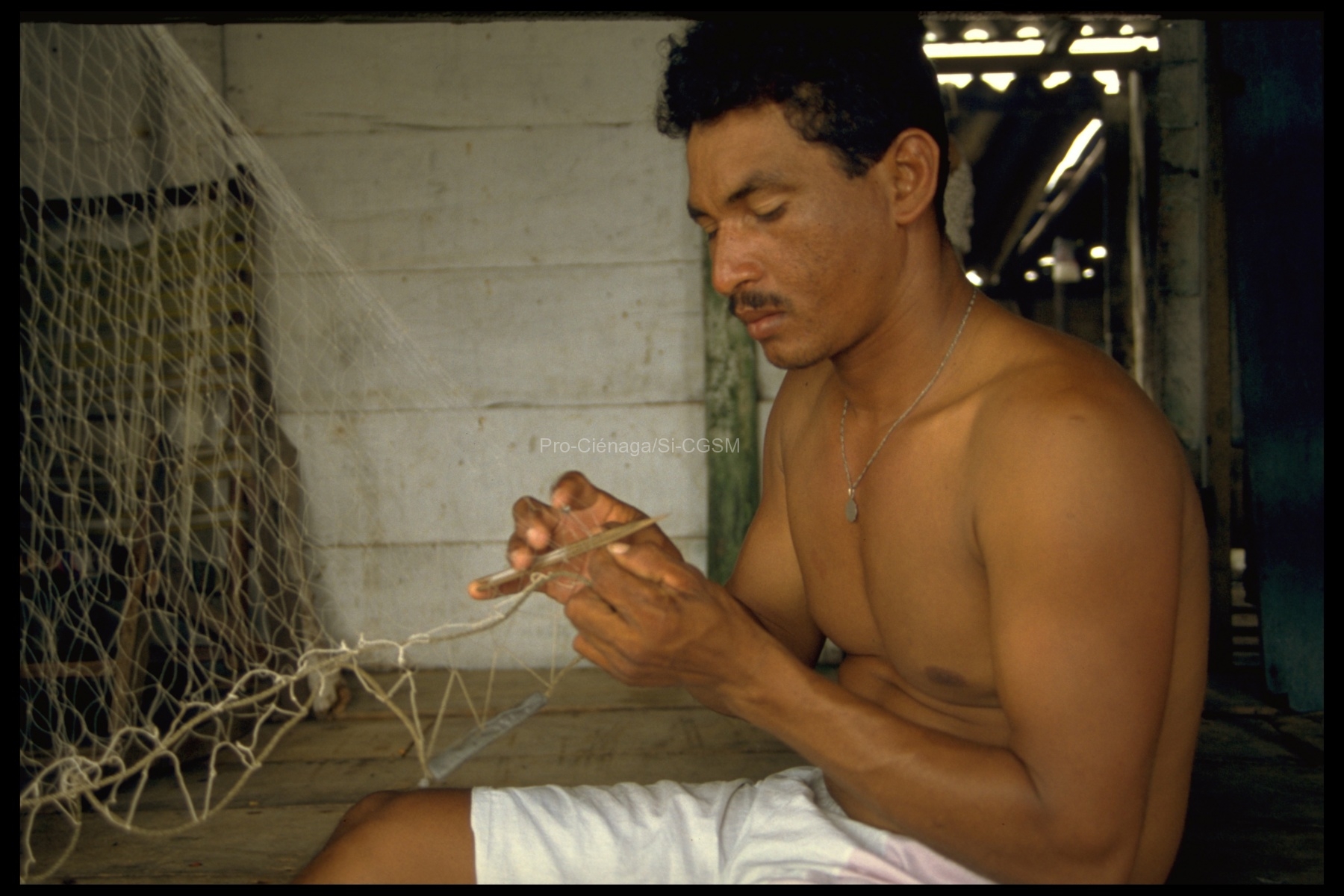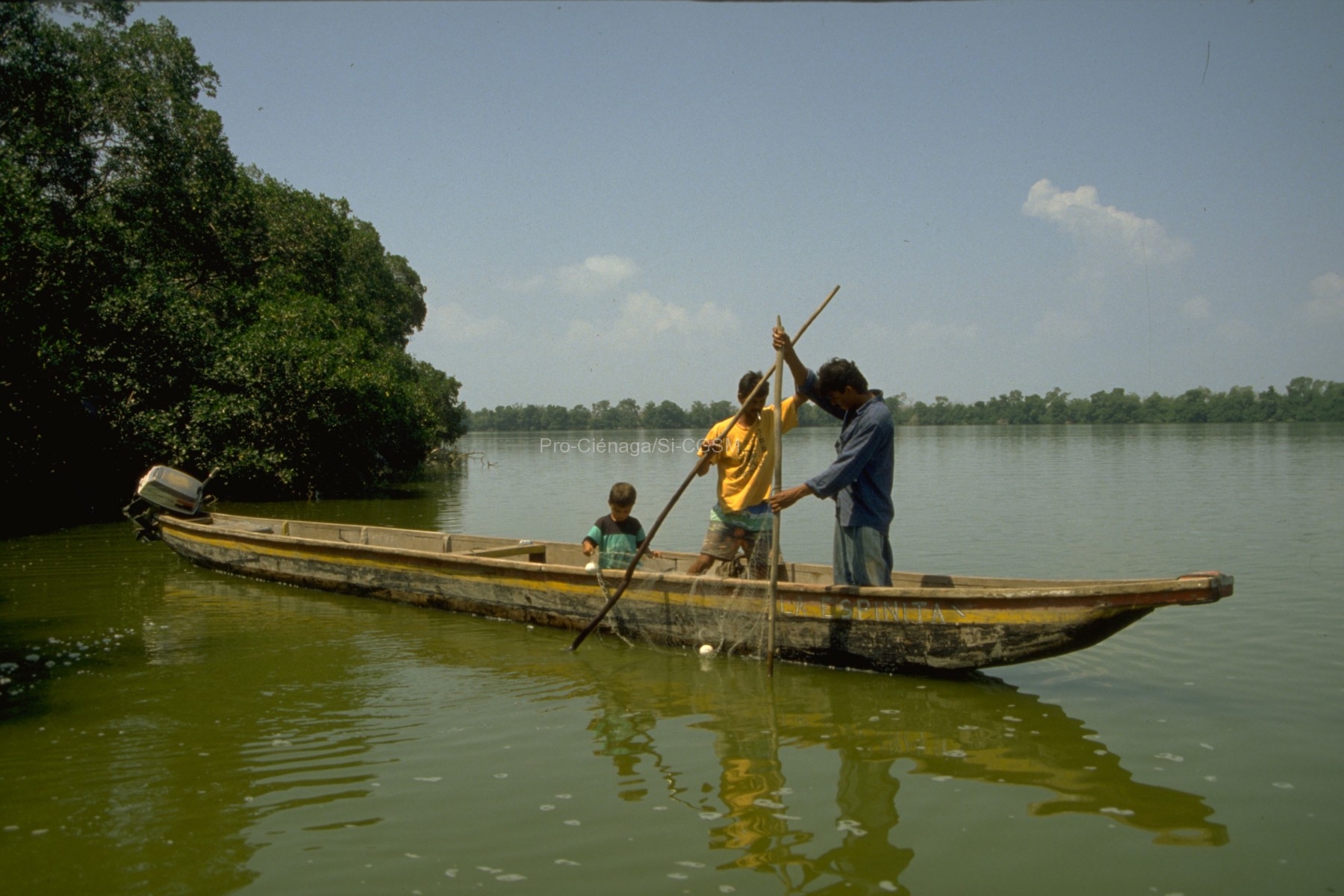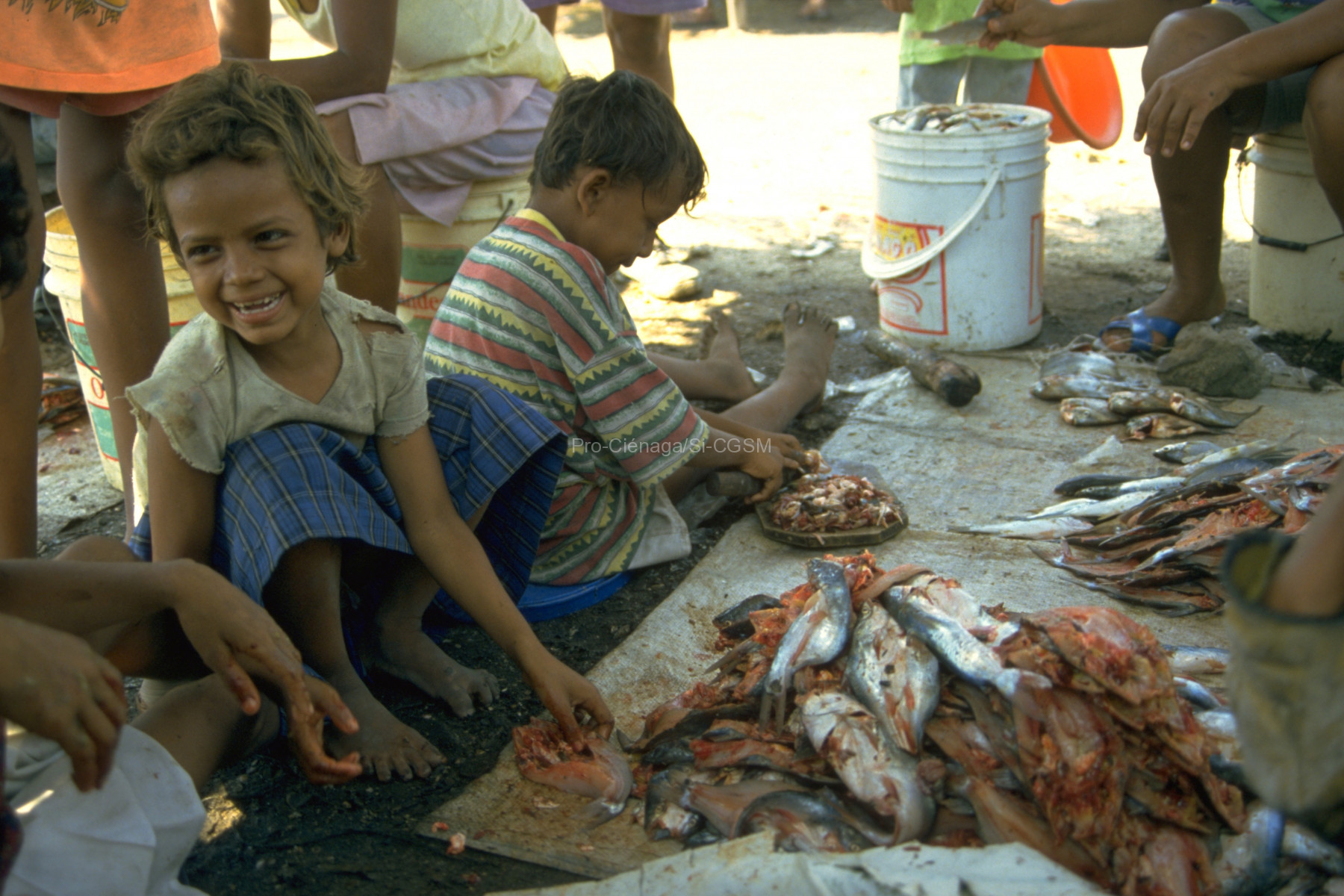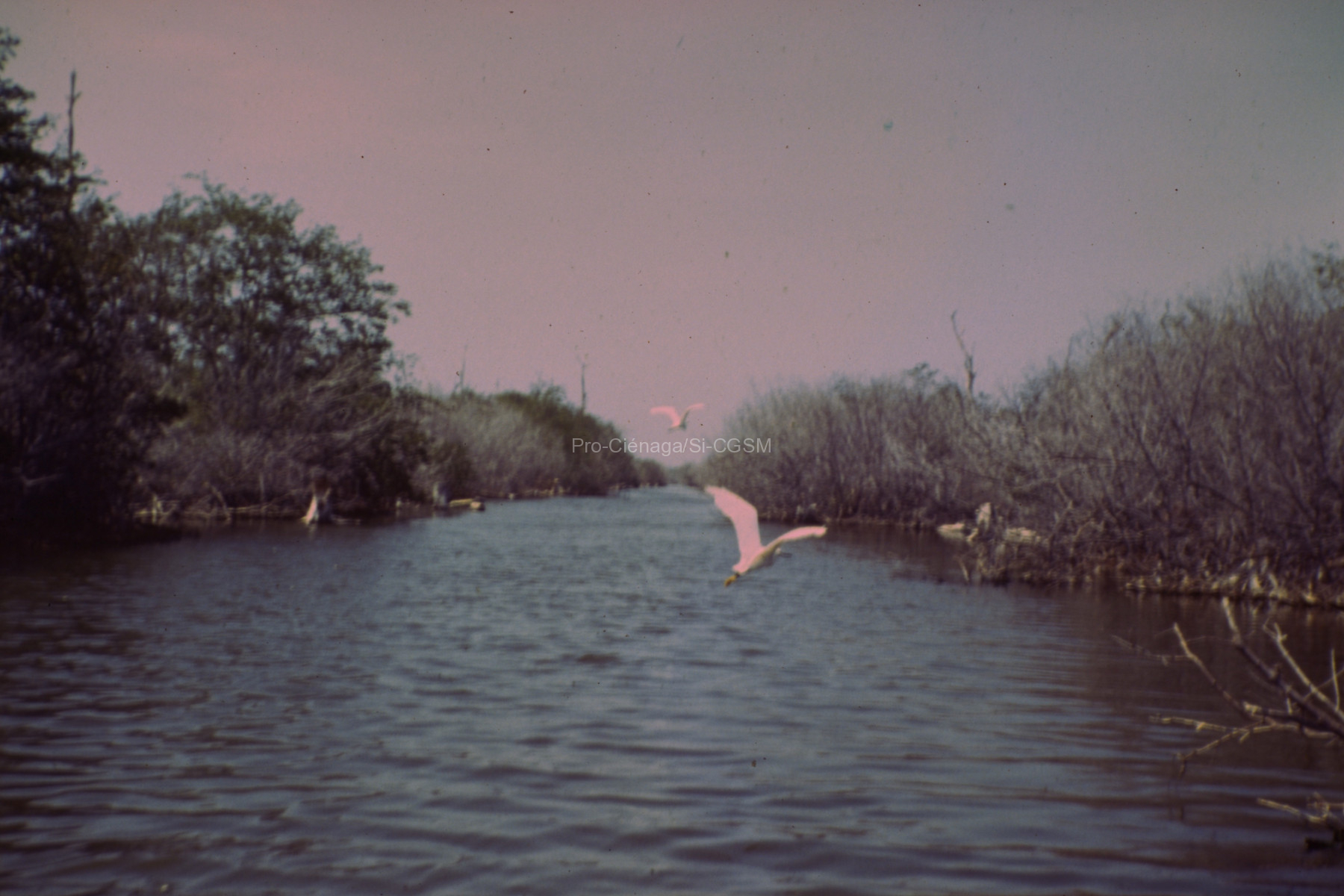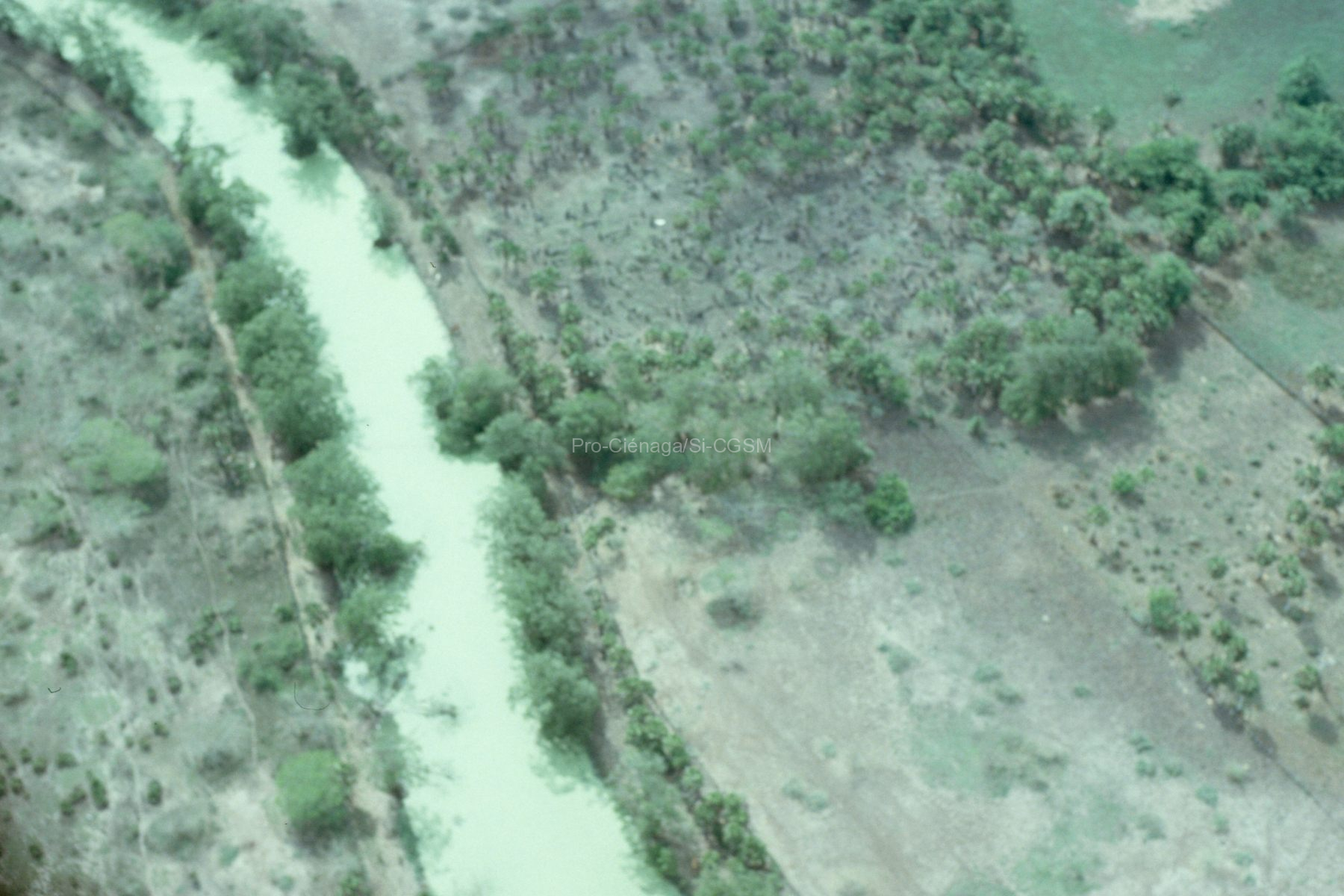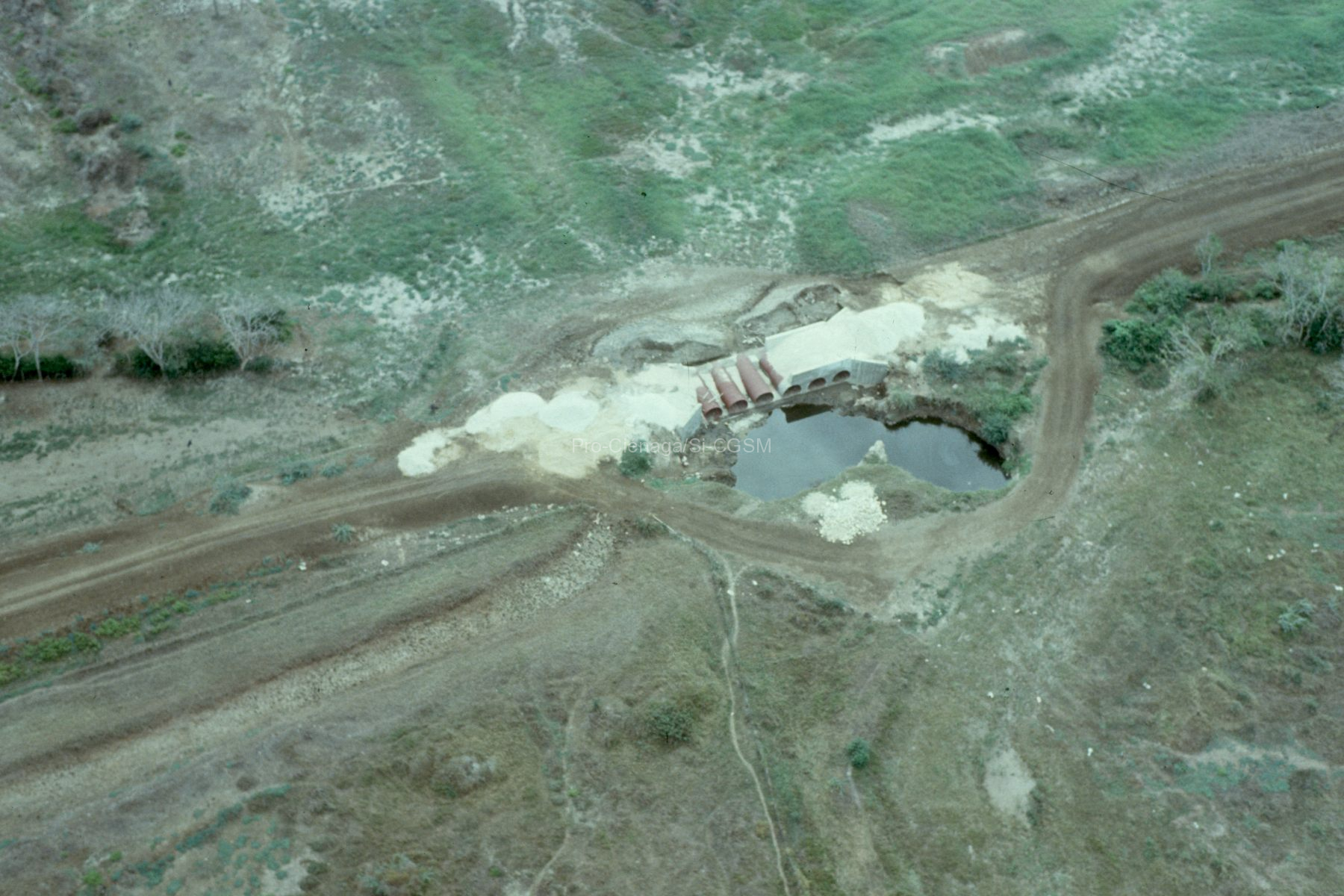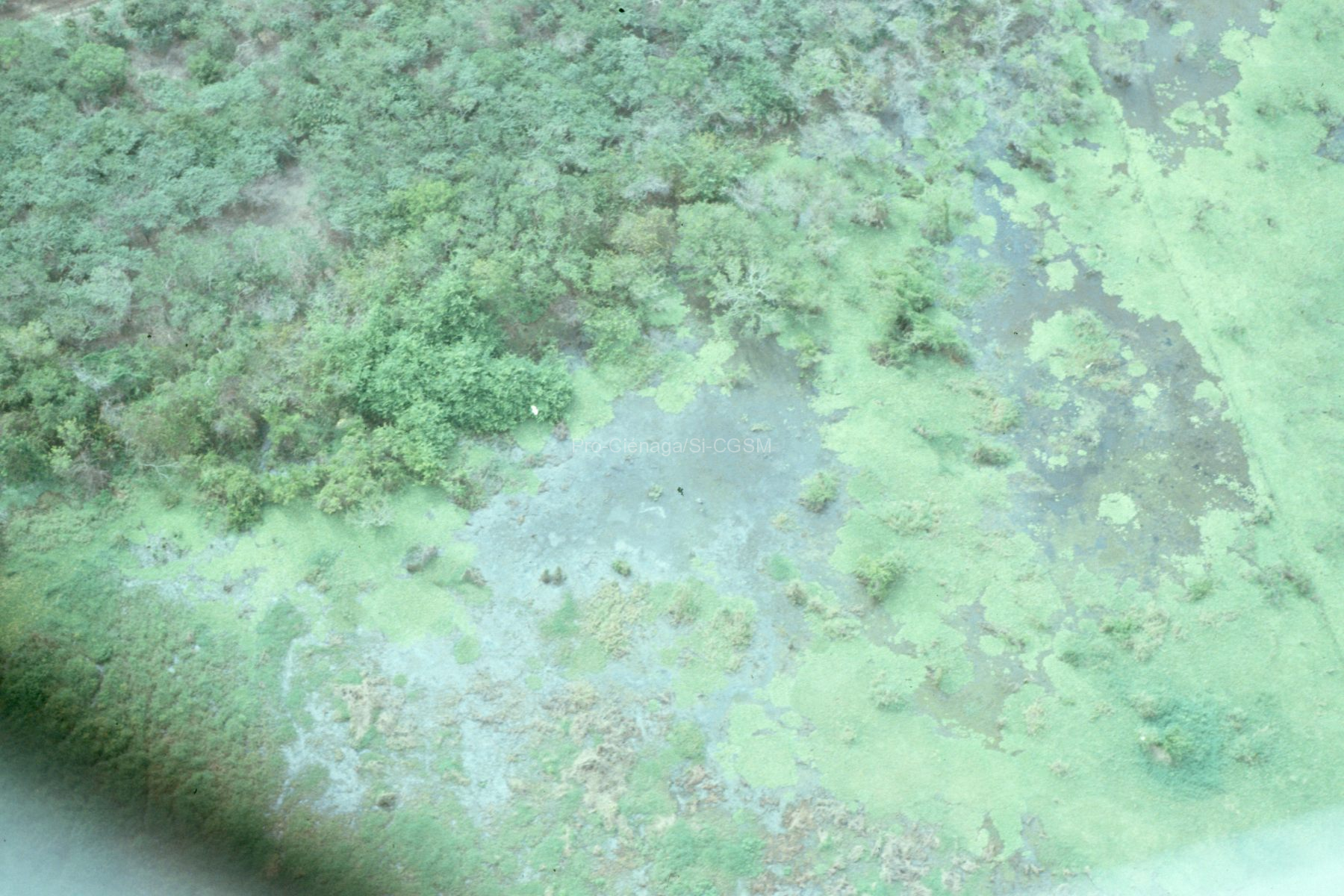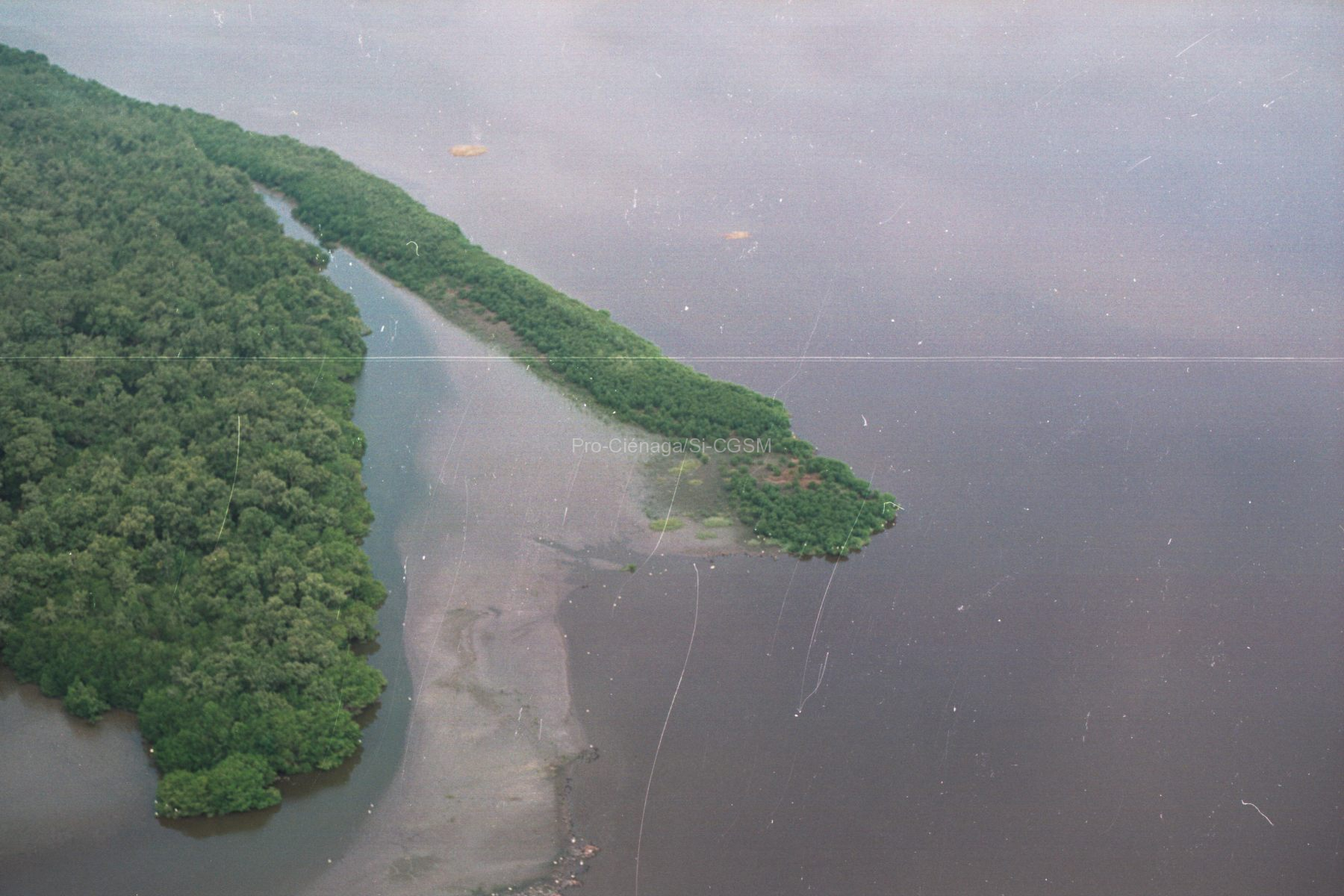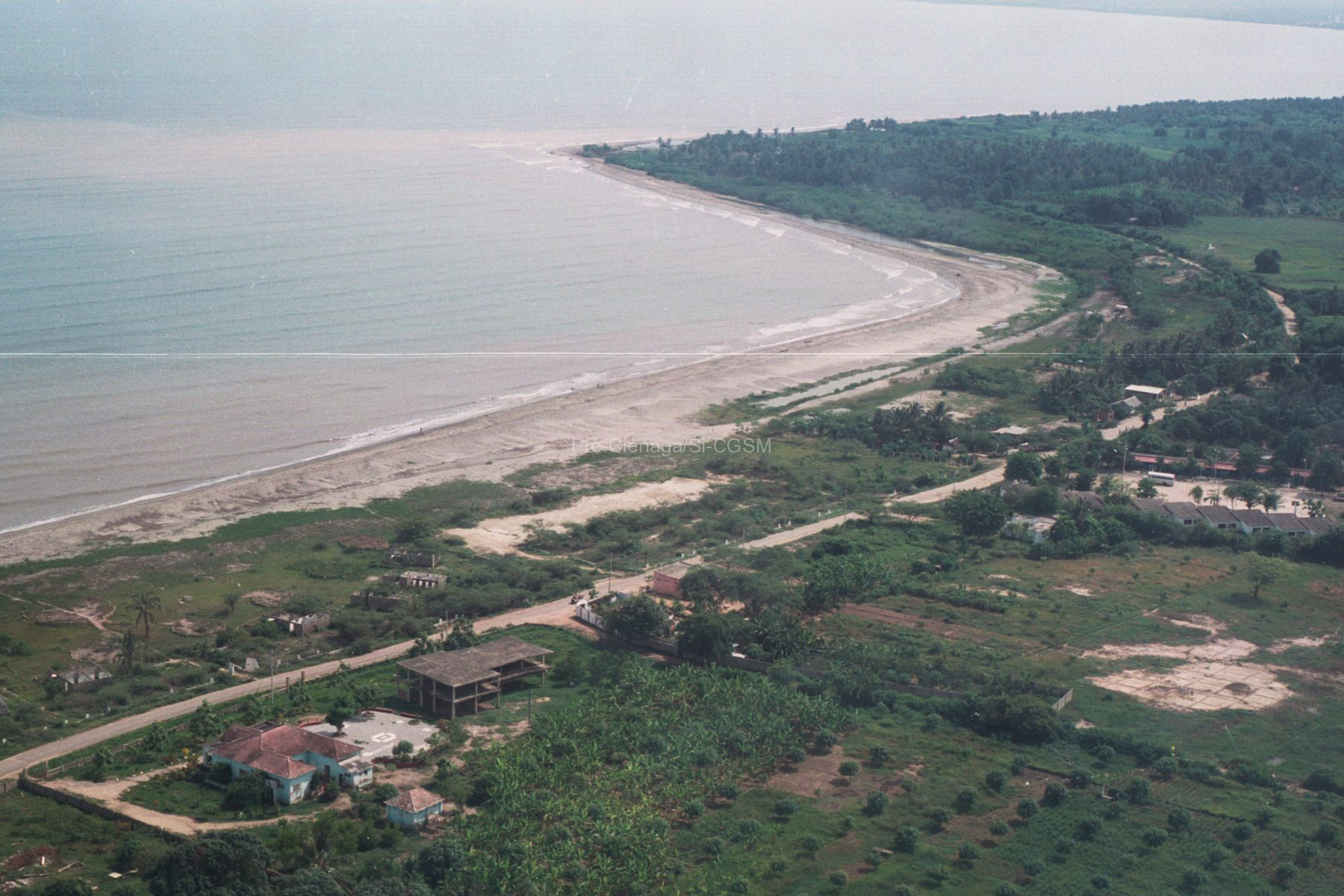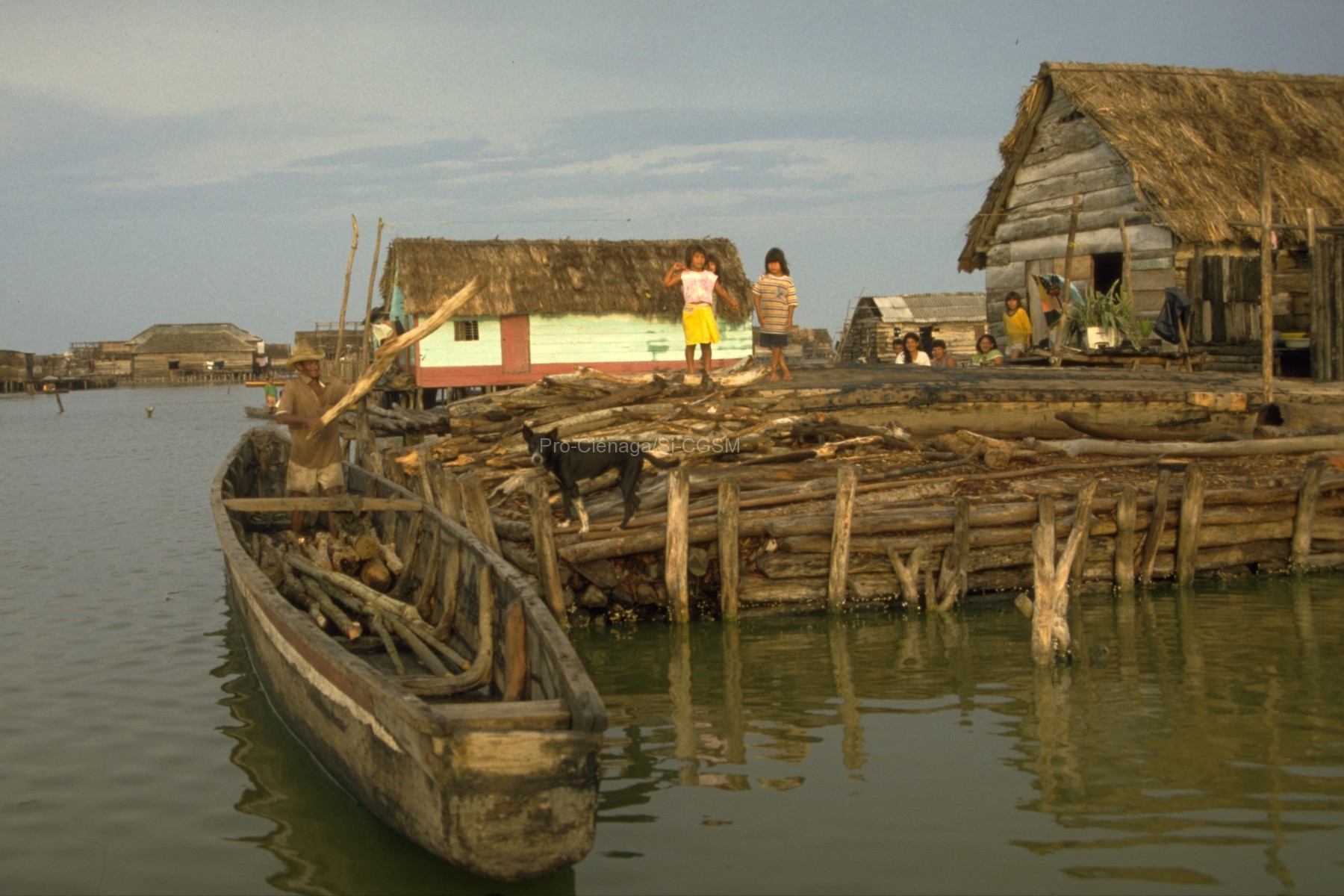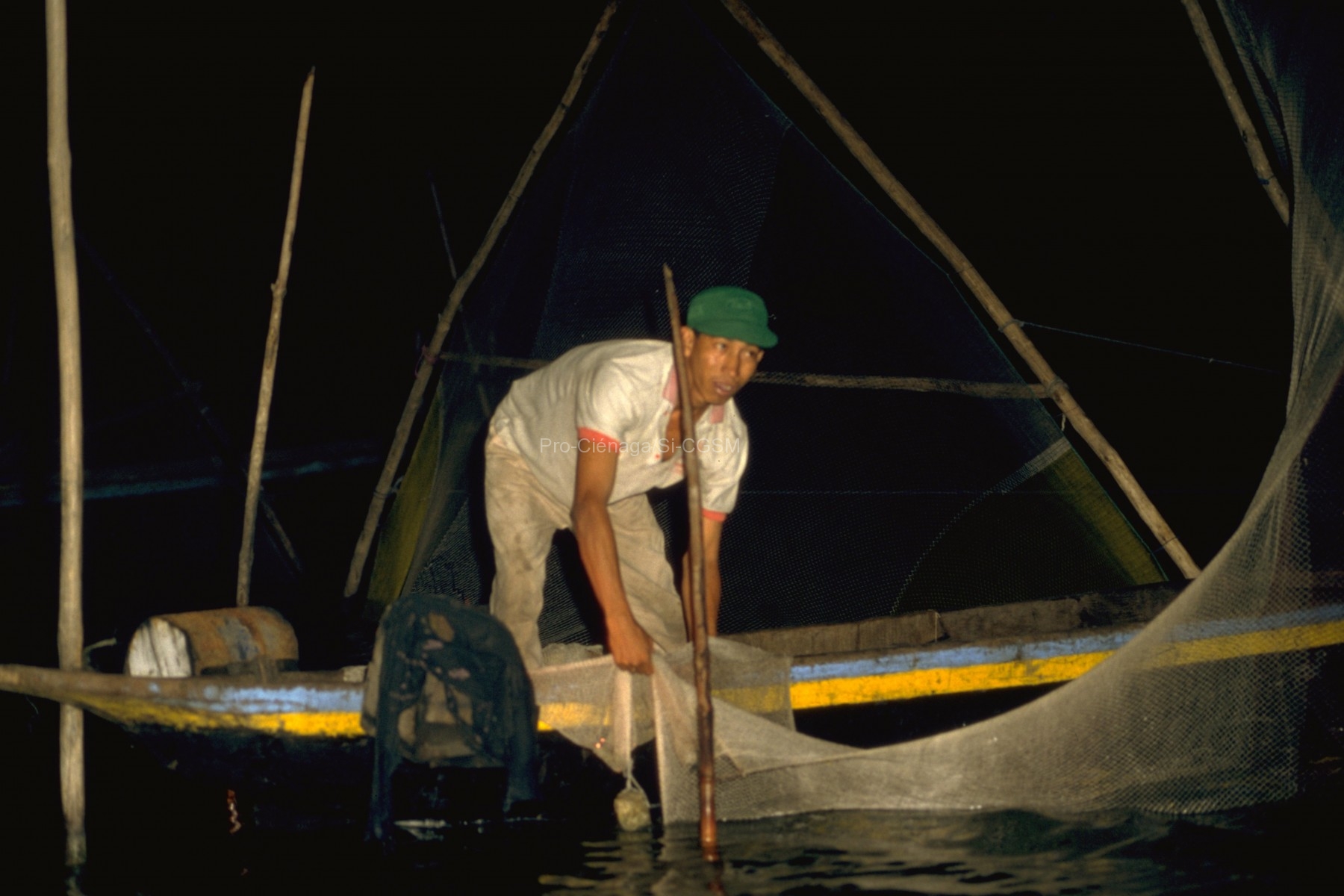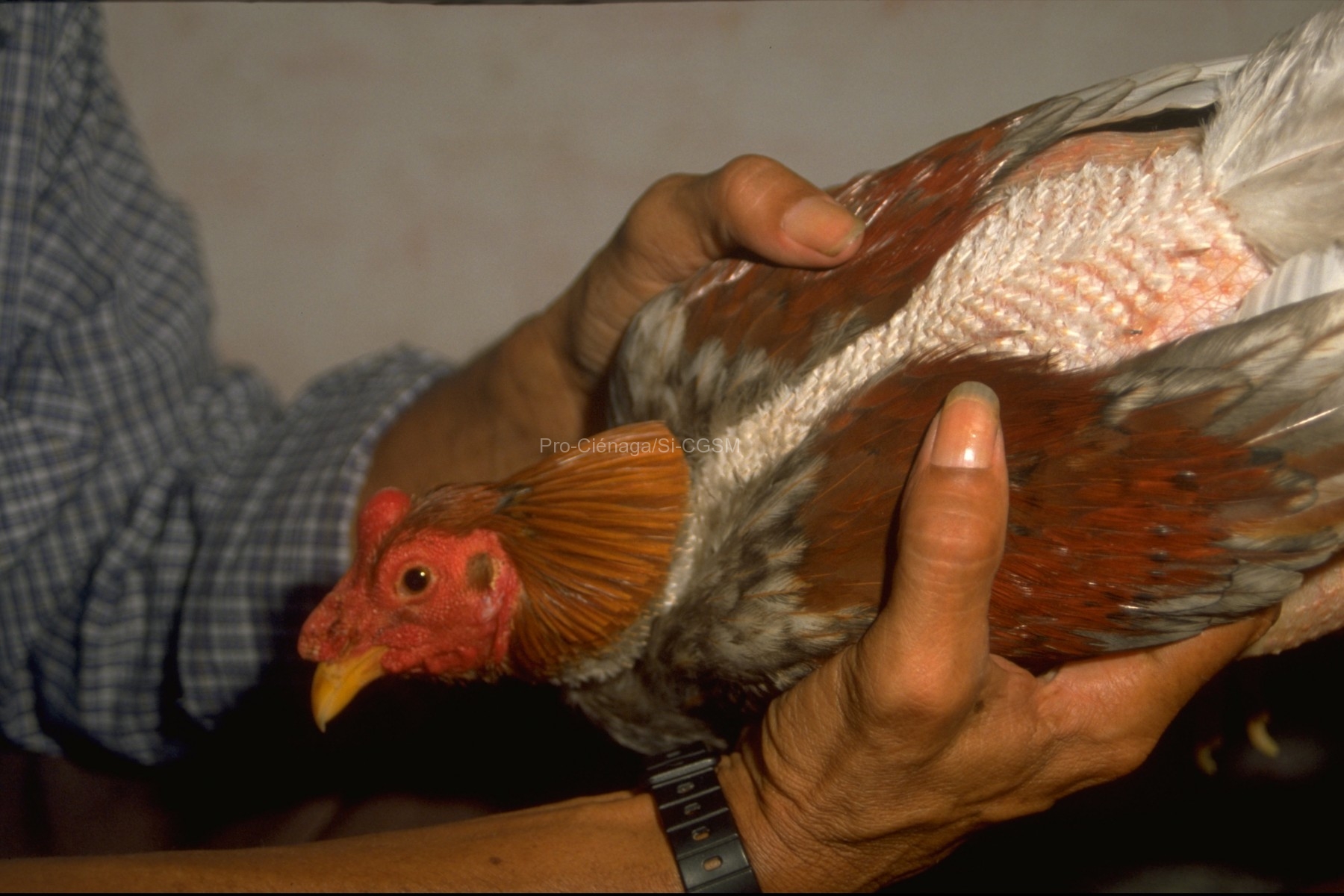https://doi.org/10.1016/S0025-326X(99)00137-X
We used an ecological model to simulate the trajectories of mangrove attributes according to different restoration criteria at geographically specific conditions and at decadal time scales. This model can contribute to the design and implementation of restoration projects, and also be used to verify key mechanisms controlling ecosystem attributes during the recovery period. An existing gap model of mangrove wetlands, FORMAN, was used to simulate restoration trajectories in one of the largest estuary rehabilitation projects (128 000 ha) in South America, Cienaga Grande de Santa Marta, Colombia (CGSM). Recovery of a disturbed mangrove forest based on simulations of basal area following reductions of salinity to 40 g/kg within 2 yr or 10 yr time periods suggests that in both cases dominance would reach about 75% of that in the reference site (80 m2/ha) in 40 yr. Both forests are >80% dominated by Avicennia, and Laguncularia has greater basal area than Rhizophora in the remaining structure. Simulations of forest recovery with a 25 yr target for salinity reduction show that only about 50% of the basal area in the reference site is recovered after 40 yr. After 40 yr of recovery, both the 2 and 10 yr salinity targets produce higher basal area and different patterns of community composition (Laguncularia becomes the dominant species) under enhanced recruitment (planting program) than observed under more natural recruitment. Ecological models can be used to establish trajectories of mangrove response to a variety of initial site conditions at spatially explicit locations that can improve engineering designs, project operation, and more clearly define monitoring programs and natural resource valuation. Modelling techniques can be used to identify the appropriate spatial and temporal scales of problems associated with mangrove restoration projects that could improve our ability to conserve and manage one of the most valuable forested wetlands in the tropical coastal zone.

